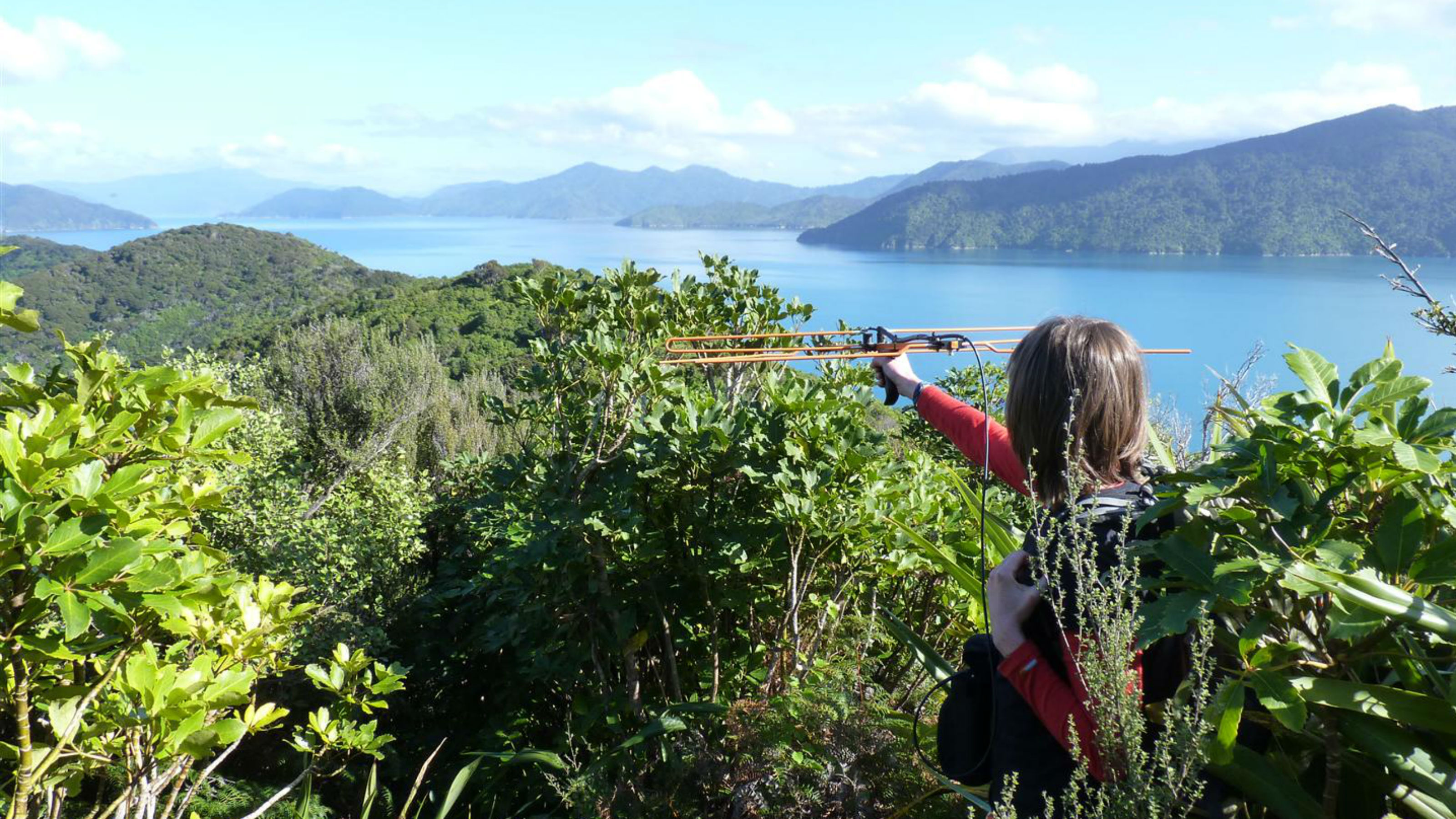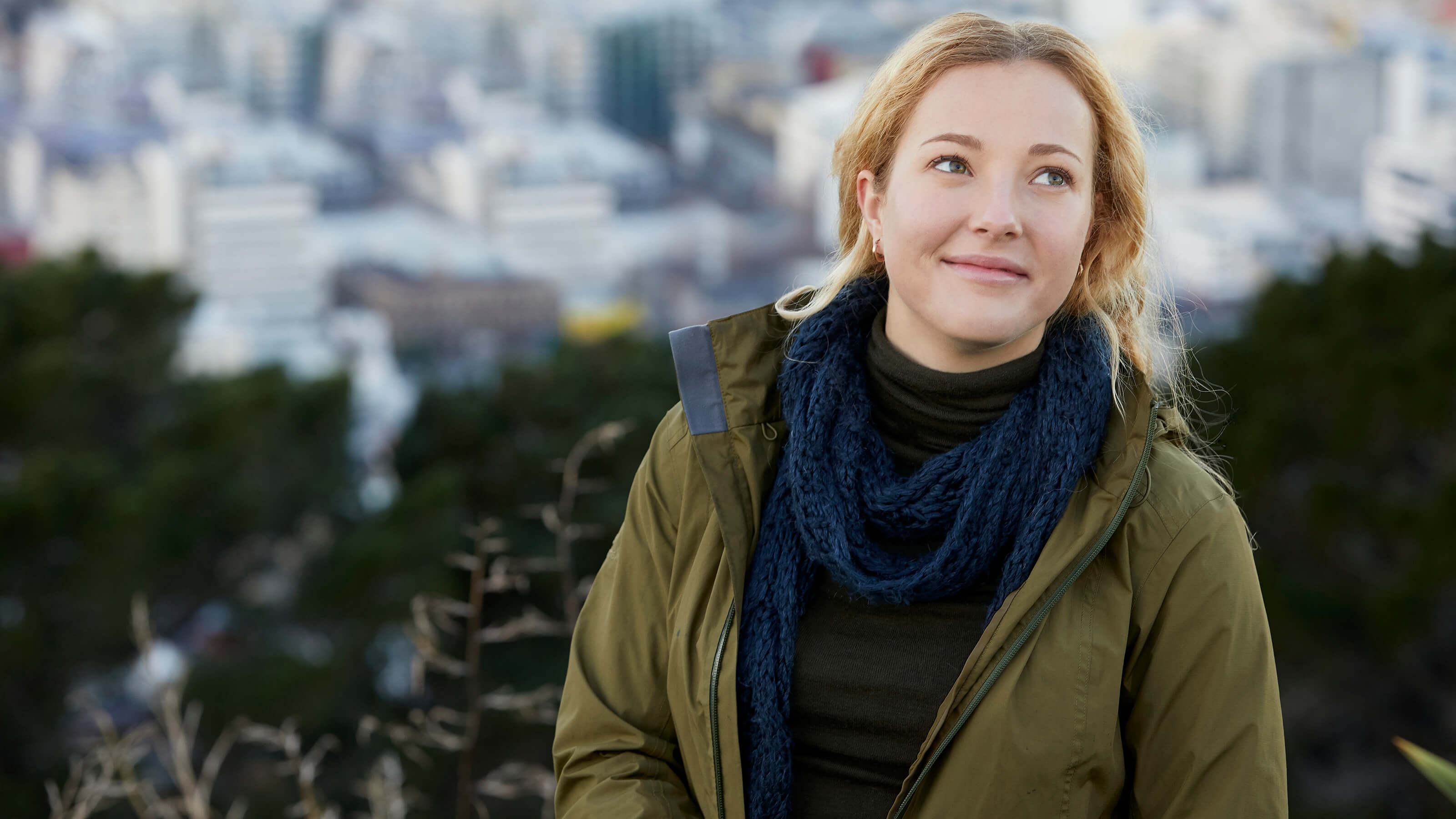

Ecology and Marine Biology –
Take your passion for the natural world to the next level. Explore topics in ecology, marine biology and conservation biology and learn about the vast diversity of plants, animals and micro-organisms that live on earth.
Both the land and the ocean are home to an incredible diversity of life.
Study the physiology and ecology of the world’s organisms, from their evolution and genetics to the ecosystems they inhabit. With the world’s attention on the state of the planet, discover the complexities behind the biodiversity crisis, explore the effects of climate change and be part of world-class conservation research.
Earth and Marine Sciences at Te Herenga Waka are ranked in the top 150 in the world in the 2023 QS World Rankings by Subject.

There are very few universities around the world so well positioned as a living laboratory for ecology and conservation – with an eco-sanctuary within walking distance, a marine sanctuary at the doorstep of our lab, and the headquarters of government agencies in conservation and biodiversity just a stone’s throw away. I can’t think of anywhere better to learn about New Zealand’s ecology and marine biology.
Phil Lester
Professor in Insect Ecology
Variety and opportunity
With diverse and unique centres of native biodiversity right on the doorstep, Victoria University of Wellington is an ideal place to study Ecology and Marine Biology.
Students will find themselves in a natural laboratory, with a multitude of conservation initiatives to become involved with. More than 76 kilometres of coastline surround Wellington and the Taputeranga Marine Reserve is located right next to the University’s marine research facility. Kapiti Island Nature Reserve, Zealandia eco-sanctuary, Otari-Wilton’s bush and Matiu/Somes Island are also in close proximity to the city centre and provide students with opportunities for research and networking.
Further afield, the Nelson Lakes National Park, located in the north of the South Island, is one of the centres of the University’s ecological research and students will have the opportunity to visit this area and explore its biodiversity. Wellington’s location also provides easy access to North Island national parks, such as Taranaki, Tongariro and Whanganui.
Photo gallery
Learn from the best
Our academic staff are highly regarded internationally and many are acknowledged each year with research and teaching awards in their specialist areas.
After you graduate
Ecology and marine biology is a growing area of employment in New Zealand and overseas. Work in areas such as ecotourism, environmental science, fisheries, conservation and public policy.
Positions may be found with the Cawthron Institute, NIWA, the Department of Conservation, the Environmental Risk Management Authority, Landcare Research, the Ministry for the Environment, the Ministry for Primary Industries and Plant and Food Research. Local and regional councils and iwi regularly seek people skilled in the areas of ecology and marine biology.

Live and study in New Zealand's lively and cosmopolitan capital city. Wellington is blessed with many natural resources to enhance and feed your studies including the Zealandia eco-sanctuary and Otari-Wilton’s bush. You'll find plenty to entertain you whether you're into sampling the famous nightlife, exploring the beautiful coastline or walking the myriad trails in the city's 'greenbelt'.
Support for students
Te Herenga Waka—Victoria University of Wellington is a welcoming place with great student support. There are all sorts of resources available to help you get the best out of your time at university.
Next
People


